Peptide Synthesis and Modification: N-Me-L-Leu can be used as a building block in solid-phase peptide synthesis. It allows for the introduction of a methyl group at the nitrogen position of leucine, which can alter the physicochemical properties and biological activity of the resulting peptides. This modification can enhance peptide stability, modify its interaction with other molecules, or influence its cellular targeting.
Proteomics Research: In proteomics studies, N-Me-L-Leu can be utilized as a labeling reagent for protein quantitation or as a probe to investigate protein-protein interactions. The methyl group can provide a unique mass tag that can be detected by mass spectrometry, enabling quantitative analysis of proteins in complex mixtures.
Drug Discovery and Development: N-Me-L-Leu has potential applications in drug discovery and development. It can be incorporated into drug candidates to modulate their biological activity, solubility, or pharmacokinetic properties. The methyl group can affect the binding affinity of the drug to its target, enhance its cell permeability, or alter its metabolic stability.
Biological Probes and Imaging Agents: N-Me-L-Leu can be conjugated to fluorescent dyes, radiolabels, or other reporter molecules to create biological probes or imaging agents. These probes can be used to visualize or quantitate specific biological processes in cells or tissues, providing insights into cellular functions and disease mechanisms.
Nutritional Supplements: In the field of nutrition, N-Me-L-Leu may have potential as a nutritional supplement or ingredient in functional foods. Leucine is an essential amino acid involved in protein synthesis and muscle metabolism. The methylated derivative may offer specific benefits related to its enhanced bioavailability or modified metabolic effects.
 Building 12, No.309, South 2nd Road, Economic Development Zone, Longquanyi District, Chengdu, Sichuan, China.
Building 12, No.309, South 2nd Road, Economic Development Zone, Longquanyi District, Chengdu, Sichuan, China. amy@enlaibio.com / cynthia@enlaibio.com / edison@enlaibio.com / daisy@enlaibio.com
amy@enlaibio.com / cynthia@enlaibio.com / edison@enlaibio.com / daisy@enlaibio.com +86 (028) 84841969
+86 (028) 84841969 +86 135 5885 5404
+86 135 5885 5404

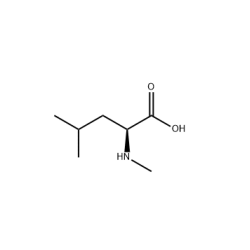


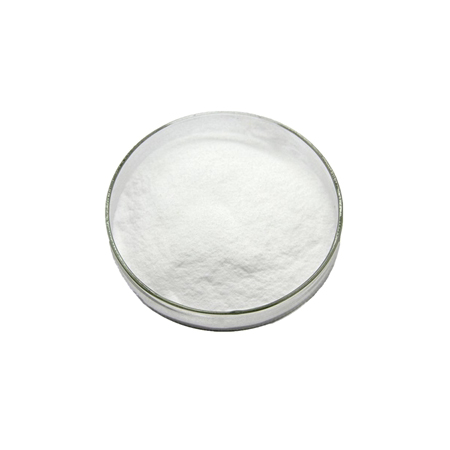
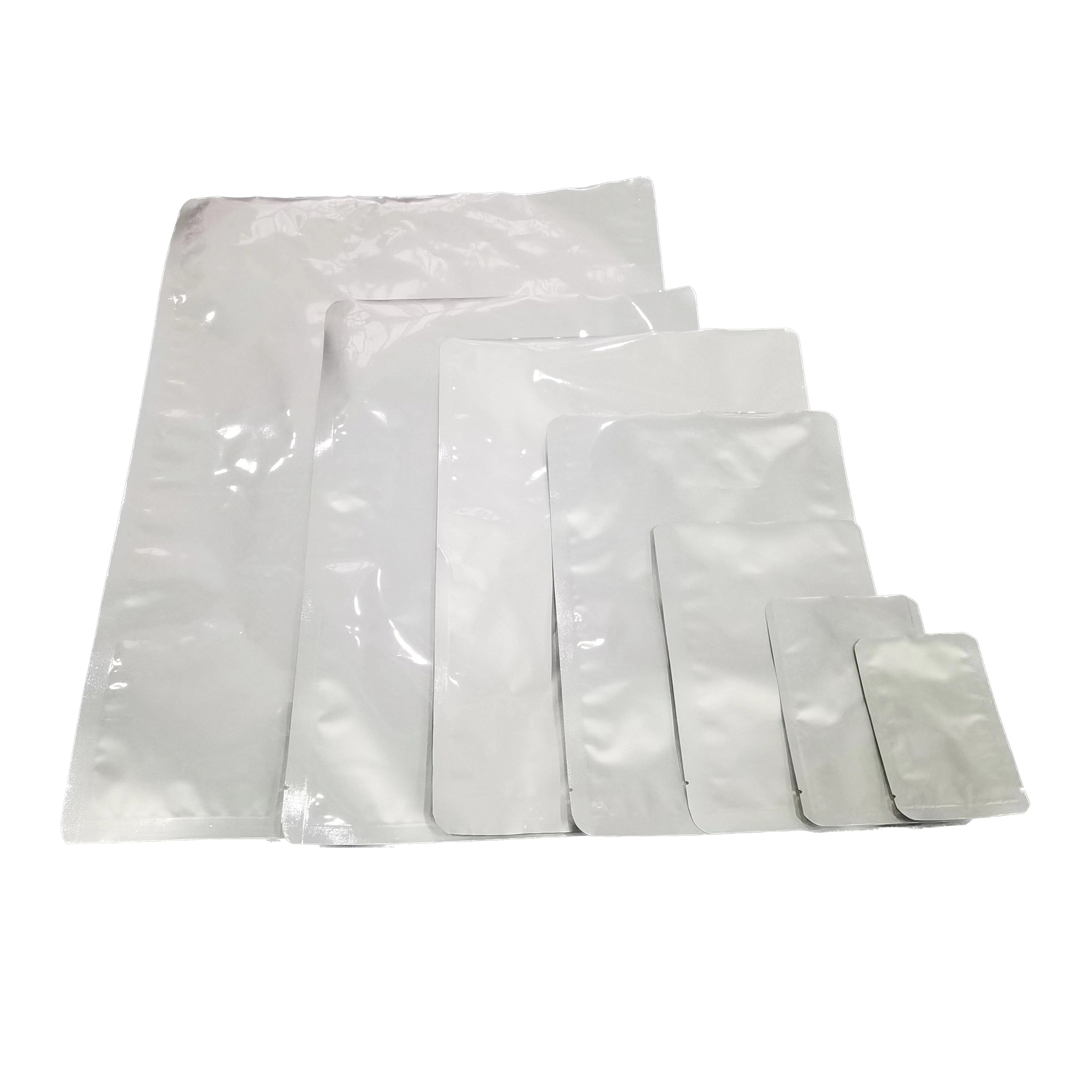

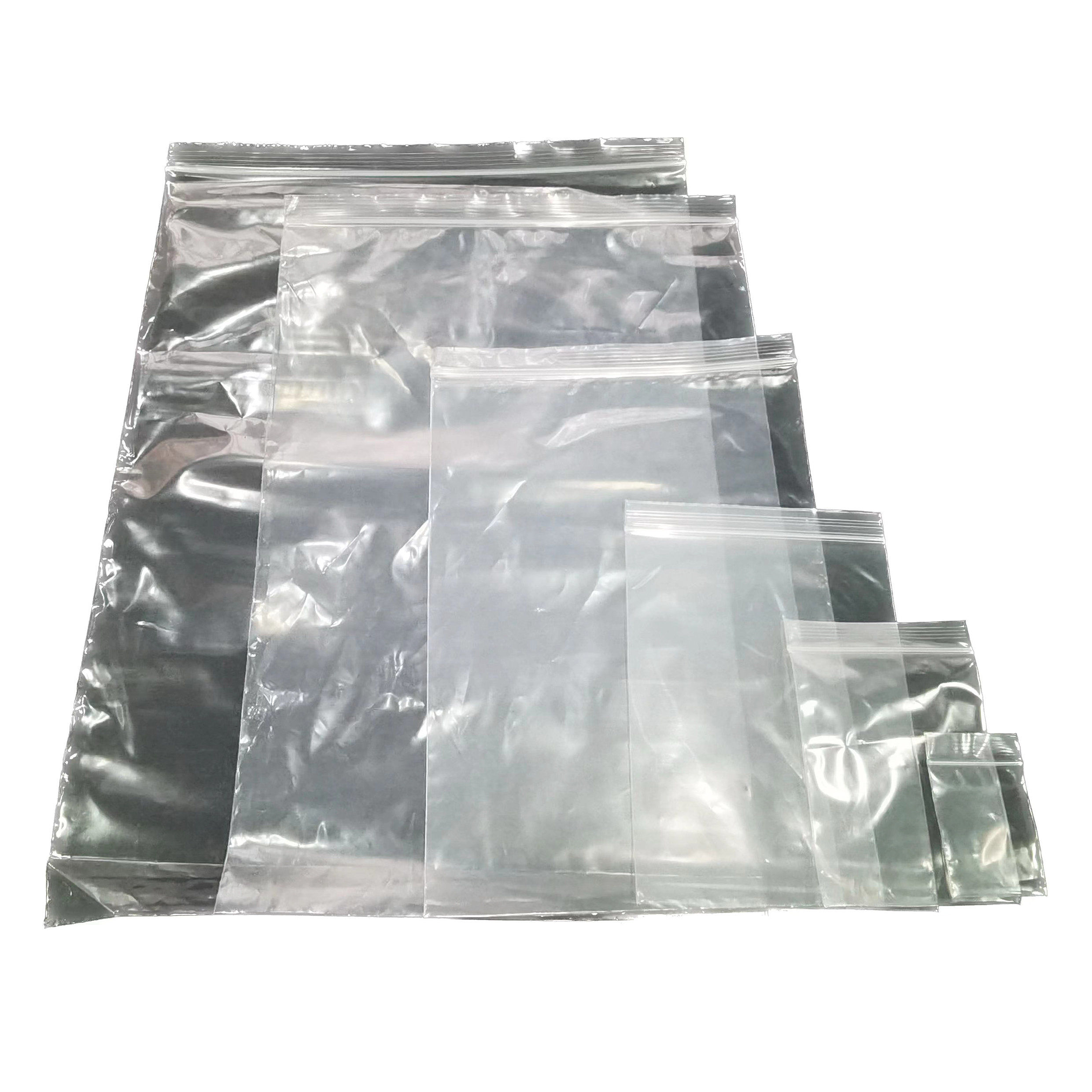




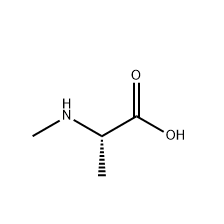

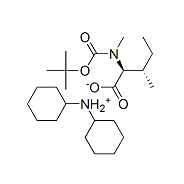






.png)


